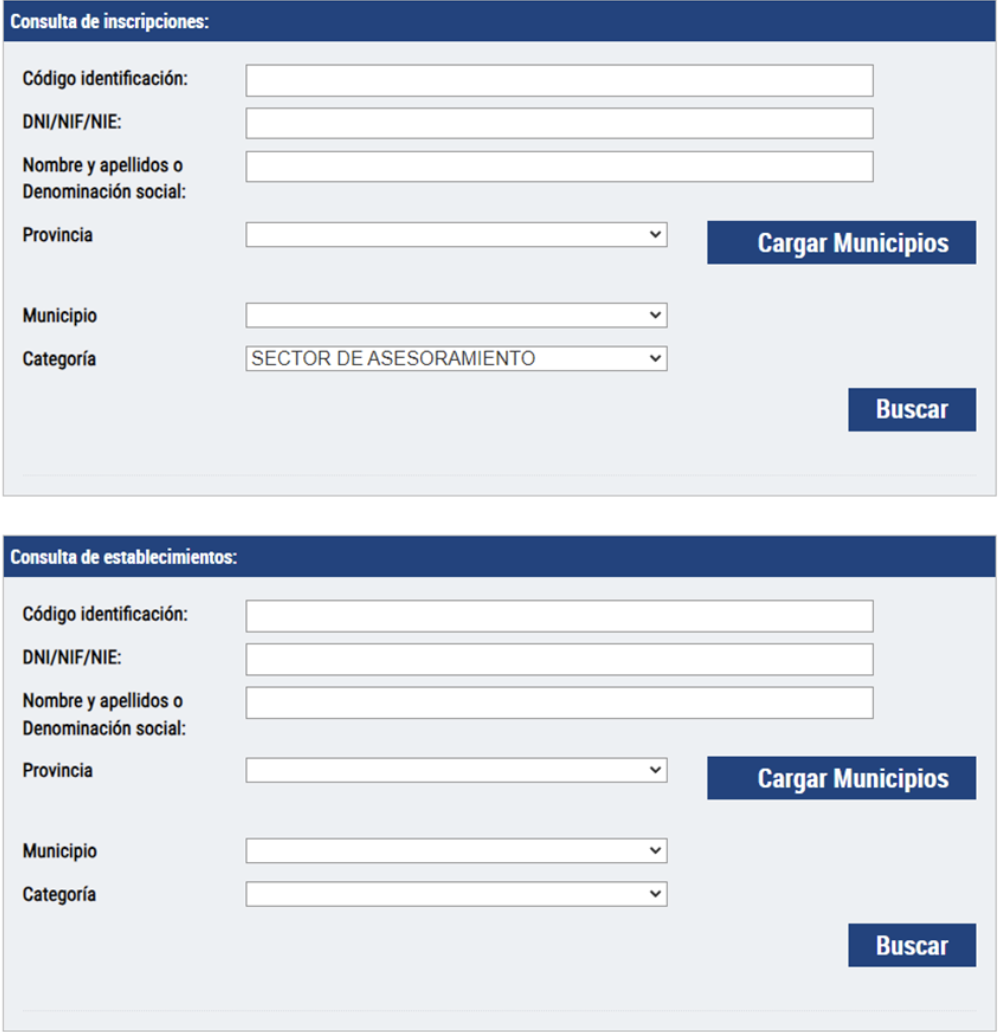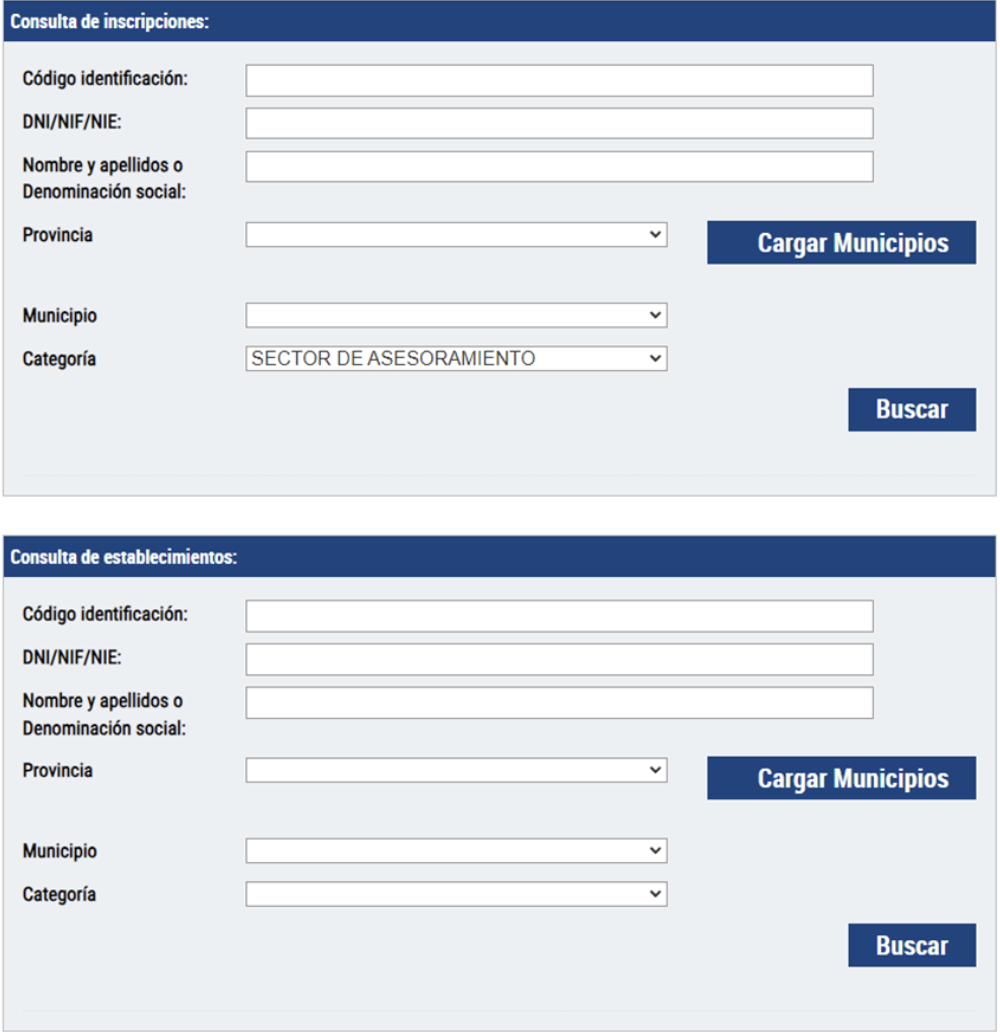2024

Spain, with its 17 autonomous regions, operates under a highly decentralized system, where each administrative region has considerable autonomy in managing agricultural advisory services, including those related to plant health and phytosanitary products.
Given the diversity in Spain's agricultural farming systems across the sector, shaped by vast geographic and climatic differences, each region faces unique challenges, from water scarcity to soil management. This diversity also extends to provincial differences, making a one-size-fits-all approach to agricultural advice ineffective.
Improving farm productivity is a central goal in Spain’s agricultural policies. However, this objective is intrinsically linked to maintaining plant health, which is essential not only for farm yield but also for sustainability and environmental protection. Effective advice in phytosanitary management requires customized strategies, where regional needs and specific crop threats are considered. This means that advisory services must be finely tuned to local conditions, supported by efficient coordination mechanisms between regional governments and national agencies, as well as effective management practices that can cater to this complexity.
The Ministry of Agriculture, Fisheries, and Food (MAPA) has established a unified national registry of producers and operators on phytosanitary products, that includes advisory services providers, supporting the consistent application of plant health regulations across Spain. This registry serves as an essential database, coordinating the knowledge and practices required to adhere to plant health legislation throughout the country. In alignment with Spain’s 1978 Constitution, which designates the State Administration as responsible for overarching coordination in economic planning, MAPA assumes the role of managing this registry. Through this centralized system, MAPA ensures that advisors on phytosanitary products are equipped to provide standardized, reliable guidance on plant health, a critical element in safeguarding agricultural productivity and public health.
In accordance with the framework of action to achieve sustainable use of phytosanitary products, MAPA has created a web application for the exchange of information on registrations in the Official Registry of Producers and Operators (ROPO). The registry encompasses a wide range of entities active in the field of phytosanitary protection, including advisors, producers, distributors, and operators.

Particularly, all natural or legal persons who carry out the following activities must be registered in the Registry:
It is possible to obtain a pest management advisor status by demonstrating possession of the required qualification to the competent authority within a Spanish autonomous community. Specifically, advisors must hold a recognized degree or vocational training certification with a minimum of 40 European Credit Transfer System (ECTS) credits in areas directly related to plant production.
This training should cover core topics such as soil science, plant physiology, botany, crop science, forestry, environmental impact assessment, agricultural mechanization, and plant protection, among others. Specifically, at least 12 ECTS credits must focus on plant protection, including key areas like crop protection, agricultural and forest entomology, plant pathology, weed science, and the use of mechanized equipment for crop protection. In some Spanish autonomous community is registration in the phytosanitary advisory sector of the ROPO is carried out automatically (without the need for a request from the applicant) for individuals who obtain accreditation as an integrated pest management advisor.
Once certified and registered in any ROPO office in the Spanish autonomous regions, the advisor can operate across the entire national territory.
The competent authority of the autonomous community oversees advisory activities to ensure compliance with these requirements, potentially within the framework of official checks on phytosanitary product regulations.
The advisor’s certification may be suspended, modified, or revoked if they receive an administrative sanction for a serious or very serious offense related to plant health, public health, or environmental regulations, or if they fail to maintain the requirements set forth in this decree or the relevant law.
This web application allows public consultation of registered entities and advisors, with a dual purpose, on the one hand to make the status of the application known in real time to applicants, and on the other to inform the general public about the certified operators that are entitled to carry out any activity related to the advisory services provision, marketing, distribution and use of any means of phytosanitary defense.
The search engine has the following filters:
Figure 1: ROPO’s website app

Source: https://servicio.mapa.gob.es/ropowebwai/default.aspx
Registration in the ROPO is valid for 10 years. Currently, over 24,000 advisors specializing in phytosanitary products are actively registered in the ROPO.